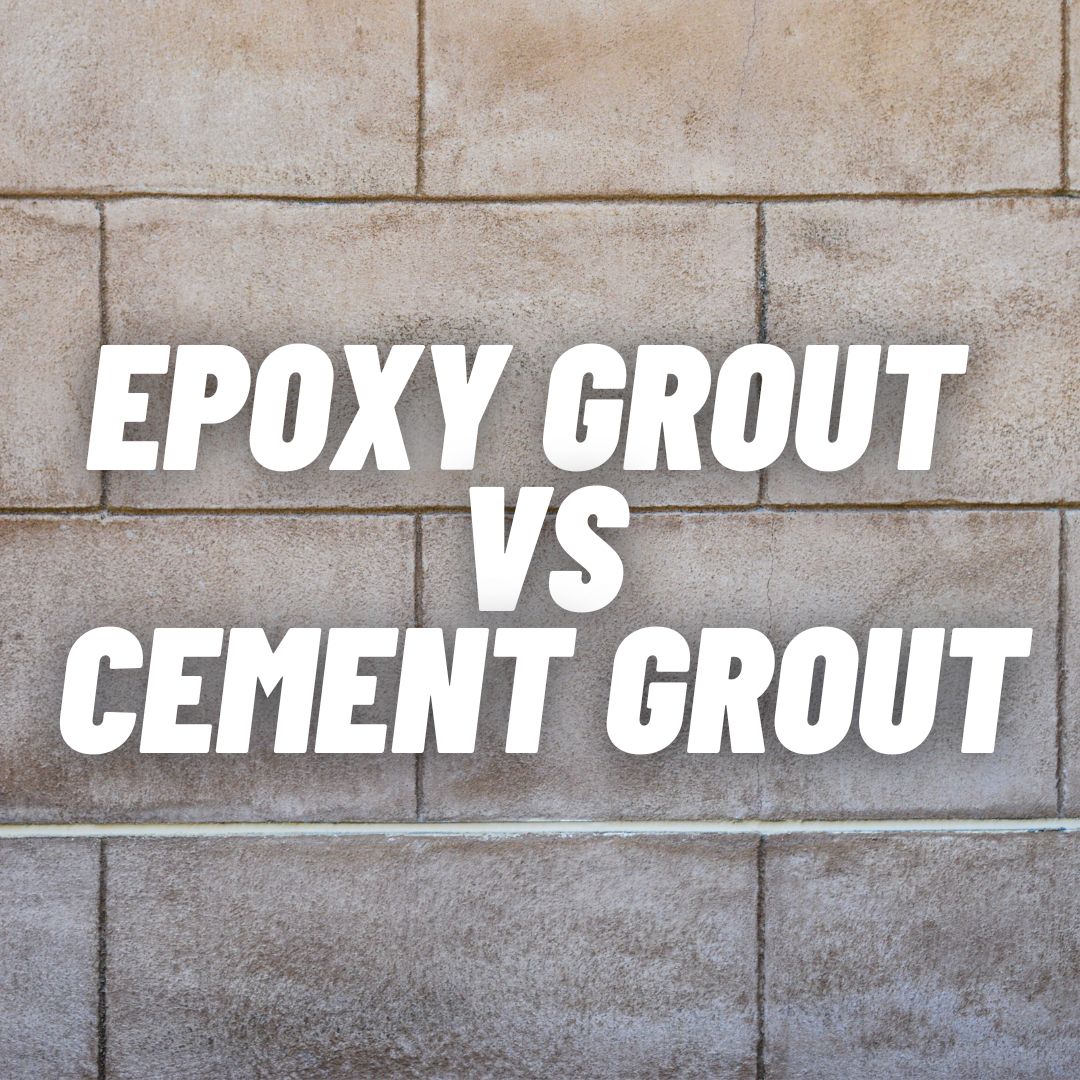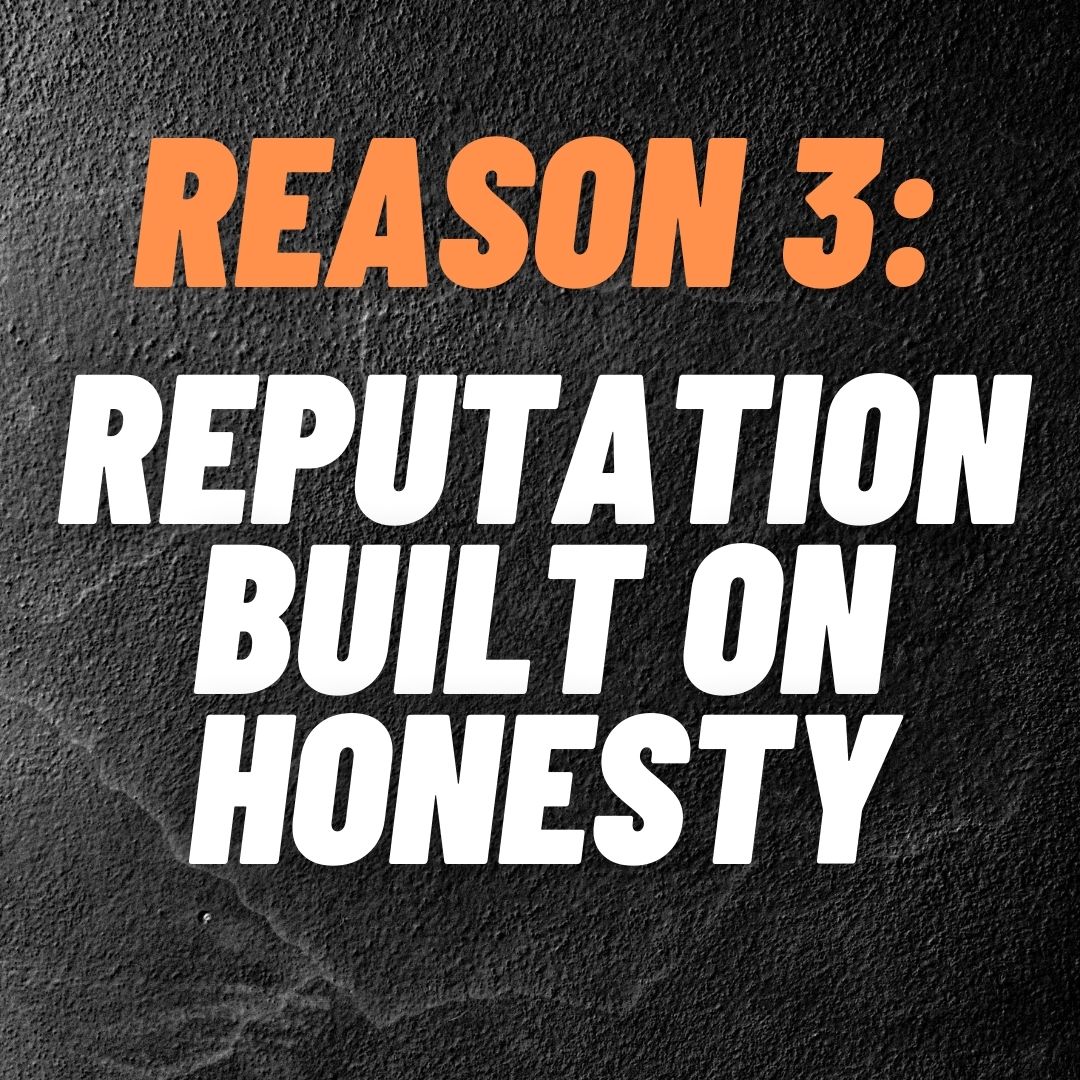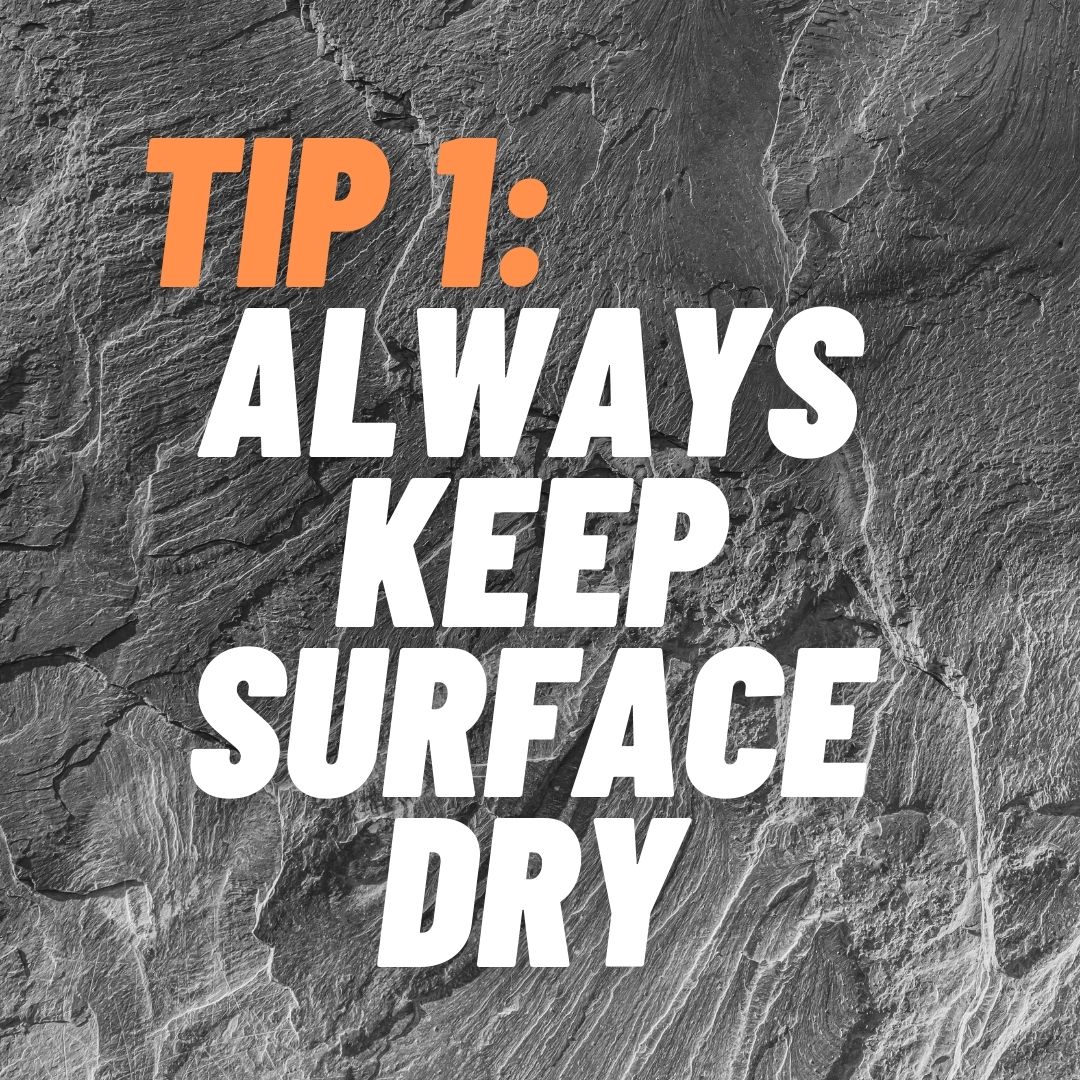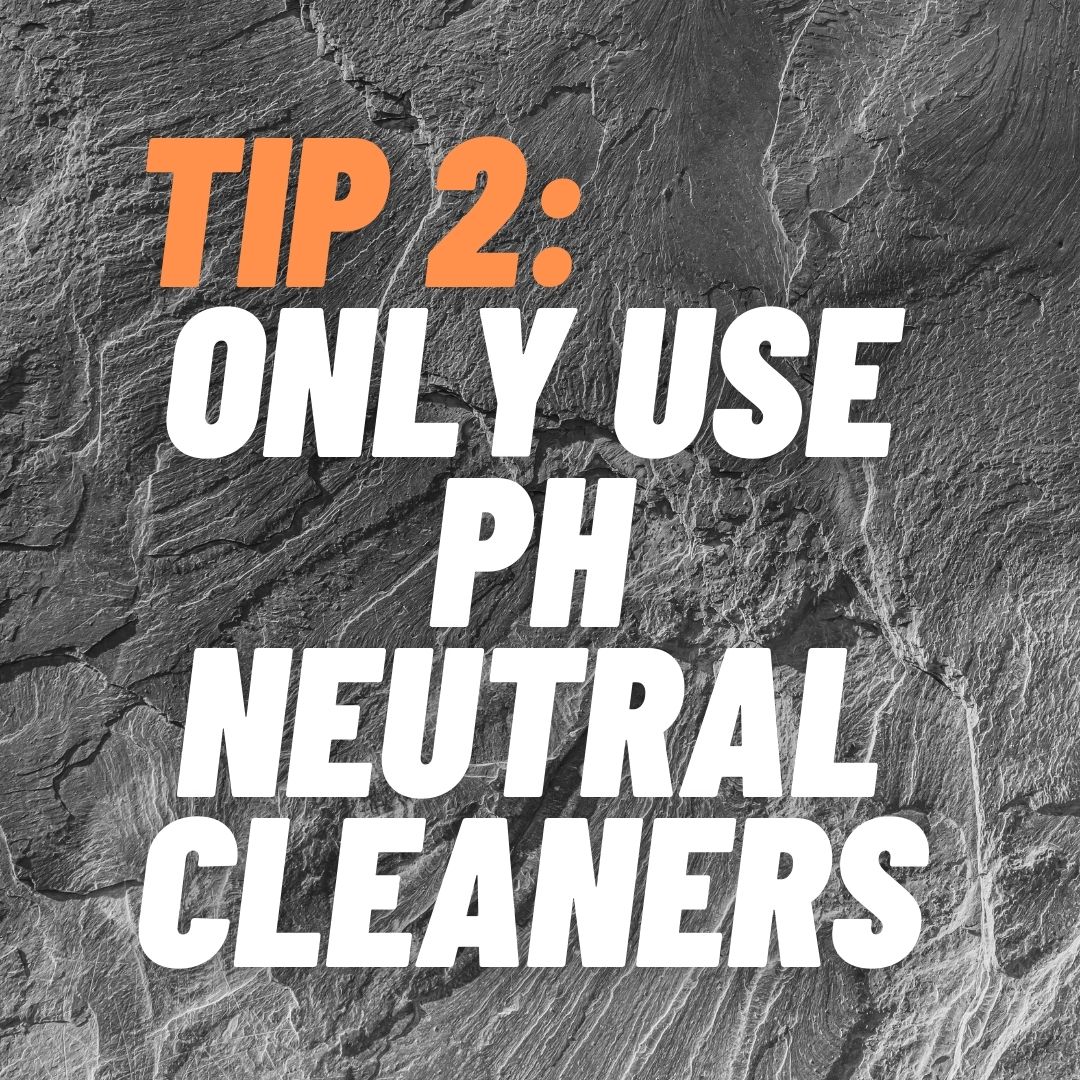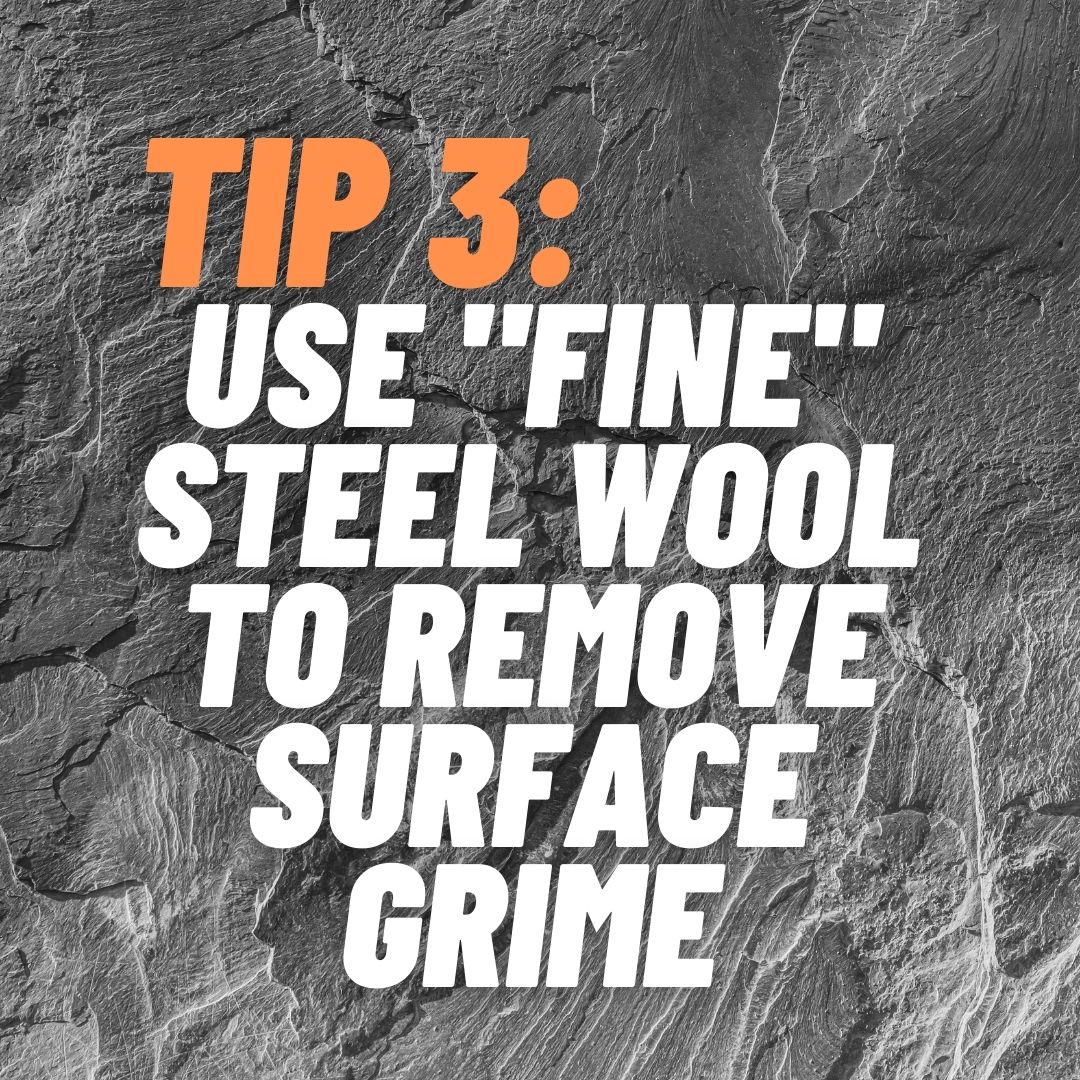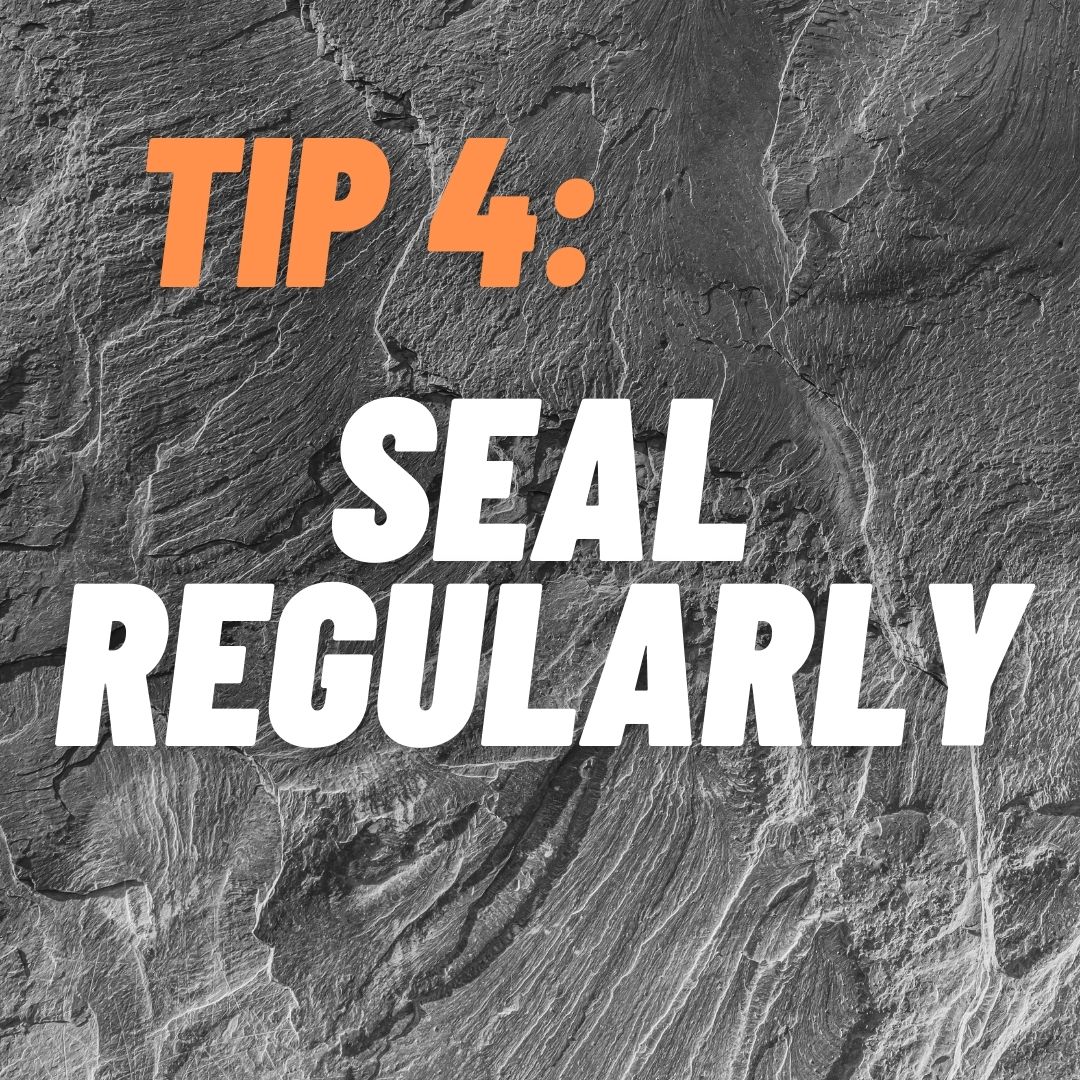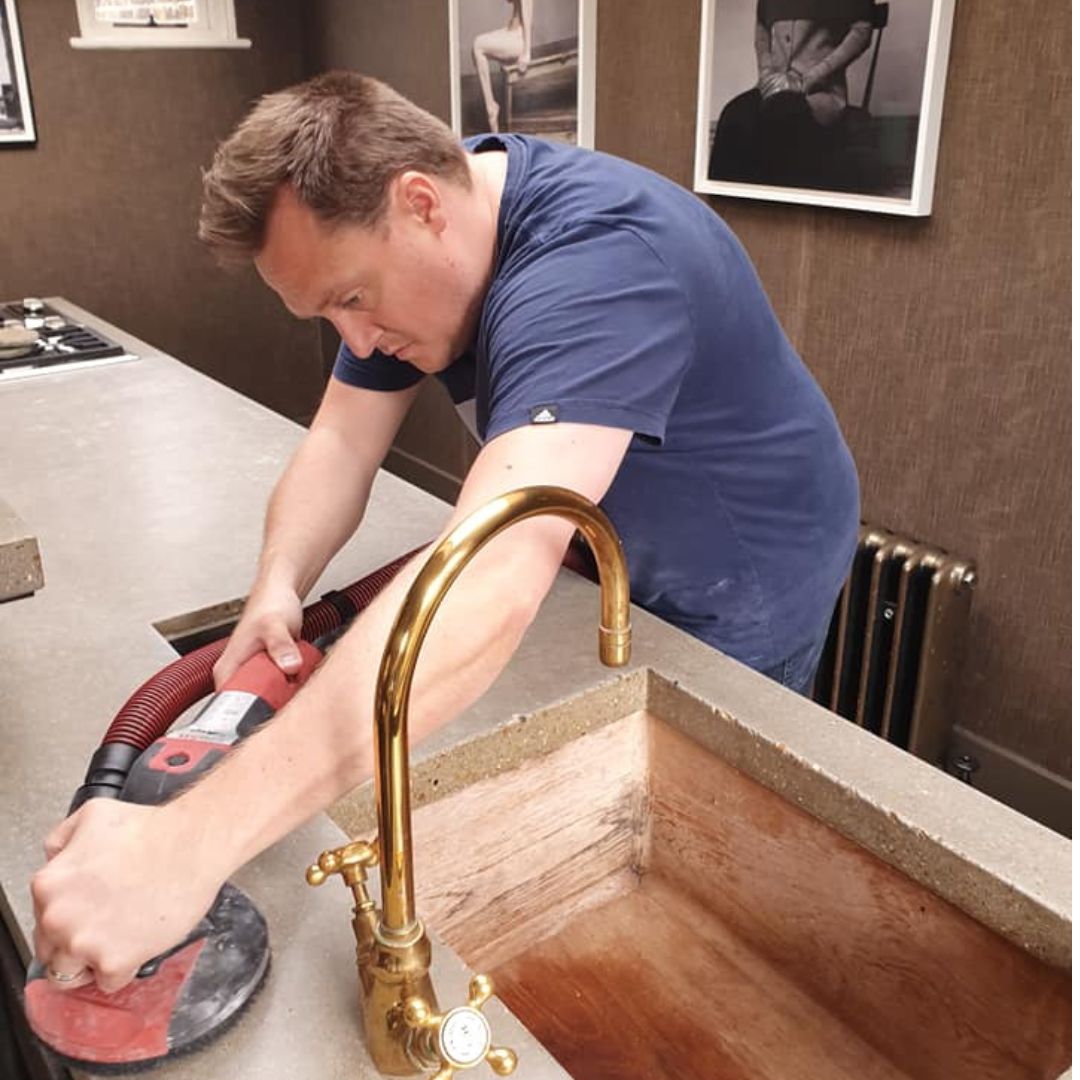If you're planning a home renovation project that involves tile installation, you may be wondering whether to use epoxy or cement grout. Both have their advantages and disadvantages, so it's important to understand the difference before making a decision.
Epoxy grout is made from epoxy resins and filler powder, and is generally more expensive than cement grout. However, it has a number of advantages. It's highly resistant to staining and doesn't require sealing, making it low maintenance.
Epoxy
grout is also more durable and easier to clean than cement grout. On the downside, epoxy grout can be difficult to work with and if not mixed properly can lead to a poor final result, unlike cement grout.
In addition, epoxy grouts typically come in pre-mixed containers which can make them difficult to apply evenly.
